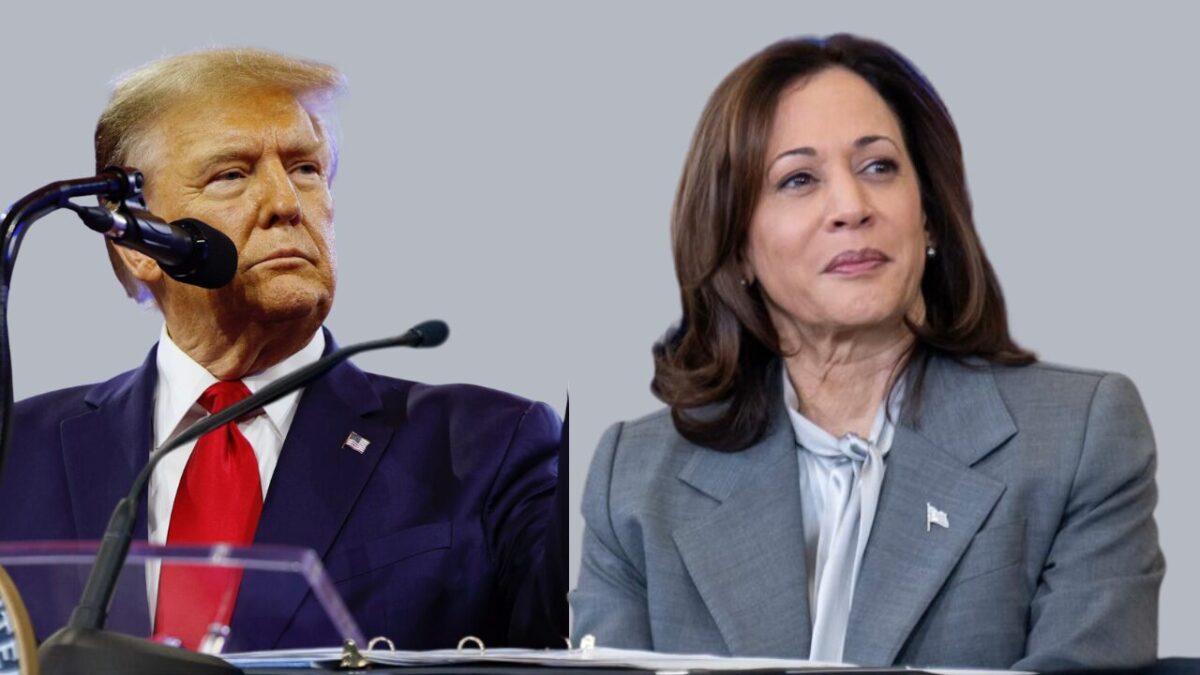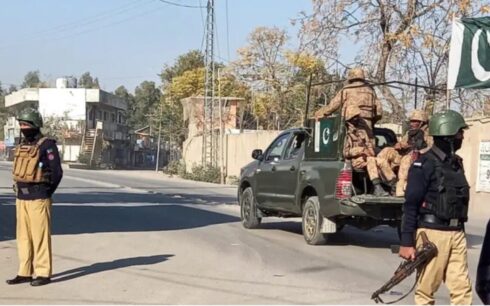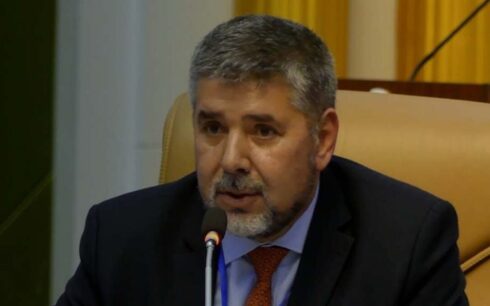The 2024 U.S. presidential election is set to be a landmark event, not just for the United States but for the global community. As one of the world’s most influential military, economic, and political powers, the U.S. plays a central role in shaping international policies on matters such as the global economy, security, human rights, democracy, and migration.
Among the pivotal issues in this election is Afghanistan. Given Afghanistan’s impact on U.S. strategic and security interests in the region, the country has emerged as a major point of contention between presidential candidates. Each contender brings a critical lens to topics such as the Doha peace agreement, the U.S. military withdrawal, and the direction of negotiations with the Taliban, often using Afghanistan as a means to challenge their opponent’s approach.
Donald Trump has called the withdrawal “shameful and humiliating,” specifically criticizing the decision to abandon Bagram Air Base as shortsighted and damaging to U.S. national interests. In contrast, Vice President Kamala Harris has sharply criticized Trump’s 2020 proposal to invite Mullah Baradar, the Taliban’s deputy prime minister, to Camp David, calling the gesture inappropriate for such a symbolically significant location. These exchanges underscore the strategic weight of Afghanistan as an election issue and hint at the substantial impact the election outcome may have on future U.S. policies toward Afghanistan and the Taliban.
This analysis examines potential shifts under the next U.S. administration in five areas: the Taliban’s international legitimacy, humanitarian aid to Afghanistan, economic and political pressure, demands for an inclusive government, and counterterrorism concerns.
1. International Legitimacy of the Taliban
The next U.S. administration’s stance on engaging with or isolating the Taliban will be pivotal to the Taliban’s international legitimacy. Recognizing the Taliban could increase their international standing; withholding recognition, however, would likely deepen their isolation. The incoming administration is expected to avoid formal recognition, as the Taliban have failed to uphold key elements of the 2020 Doha peace agreement, particularly their pledge to sever ties with extremist groups like al-Qaeda. Additionally, the Taliban have systematically stripped Afghan women of their fundamental rights and sidelined them from public life. Some U.S. policymakers, including Harris, still regard the Taliban as a terrorist group, a sentiment echoed by prominent Republicans like Nikki Haley, who recently described Afghanistan as “under the control of terrorists.” Thus, withholding engagement remains a probable course.
2. Humanitarian aid
The continuation of U.S. humanitarian aid to Afghanistan will likely depend on the next administration’s broader stance on the Taliban. Since the Taliban took power in August 2021, the United States has provided over $2 billion in humanitarian aid, making it Afghanistan’s largest donor. However, some candidates, such as Republican Jim Marter, have argued against providing aid to a Taliban-controlled Afghanistan. While cutting aid entirely would likely worsen Afghanistan’s ongoing humanitarian crisis, conditional aid may serve as leverage to encourage the Taliban to enact policy changes. A conditional approach could address the urgent needs of millions living below the poverty line while also pressuring the Taliban to improve their human rights practices.
3. Economic and political pressure
The incoming administration may also use economic and political sanctions to pressure the Taliban into honoring international agreements. As Afghanistan’s de facto government, the Taliban are expected to adhere to United Nations conventions on human rights, yet they continue to violate agreements such as the International Covenant on Civil and Political Rights and the Convention on the Elimination of All Forms of Discrimination Against Women. The next president may, therefore, impose additional sanctions or maintain the freeze on Afghan assets as a means of restricting the Taliban’s economic access and increasing their political isolation.
4. Pressure for an inclusive government
The Taliban’s narrow, largely mono-ethnic government makes them vulnerable to both domestic and international criticism. The U.S. has consistently advocated for a broad-based government in Afghanistan. This position is likely to continue under the next administration, which could leverage political and economic tools to press the Taliban to form an inclusive government. Such a government would ideally represent all segments of Afghan society, including women, civil society, and religious, ethnic, and linguistic minorities. Conditioning diplomatic engagement or aid on political reforms could encourage the Taliban to make concessions on minority and women’s rights and to share power with non-Taliban groups.
5. Counterterrorism and security concerns
Counterterrorism remains one of the United States’ foremost concerns regarding Afghanistan. With no U.S. military presence in Afghanistan, the new administration will likely focus on intelligence and regional alliances to curb terrorist threats. Strengthening regional partnerships and enhancing aerial counterterrorism operations may help prevent Afghanistan from becoming a launchpad for threats against the U.S. and its allies. Intelligence cooperation with Afghanistan’s neighbors could offer a strategic advantage in monitoring Taliban and extremist group activities.
In conclusion, the outcome of the 2024 U.S. presidential election may lead to shifts in how Washington handles issues of Taliban recognition, humanitarian aid, sanctions, inclusive governance, and counterterrorism efforts. Each potential policy carries significant consequences for the future stability and governance of Afghanistan.
Tawab Danish is a visiting professor and researcher at Cornell University Law School in the United States.
The views and opinions expressed in this article are those of the author and do not necessarily reflect the official policy or position of Amu TV.





